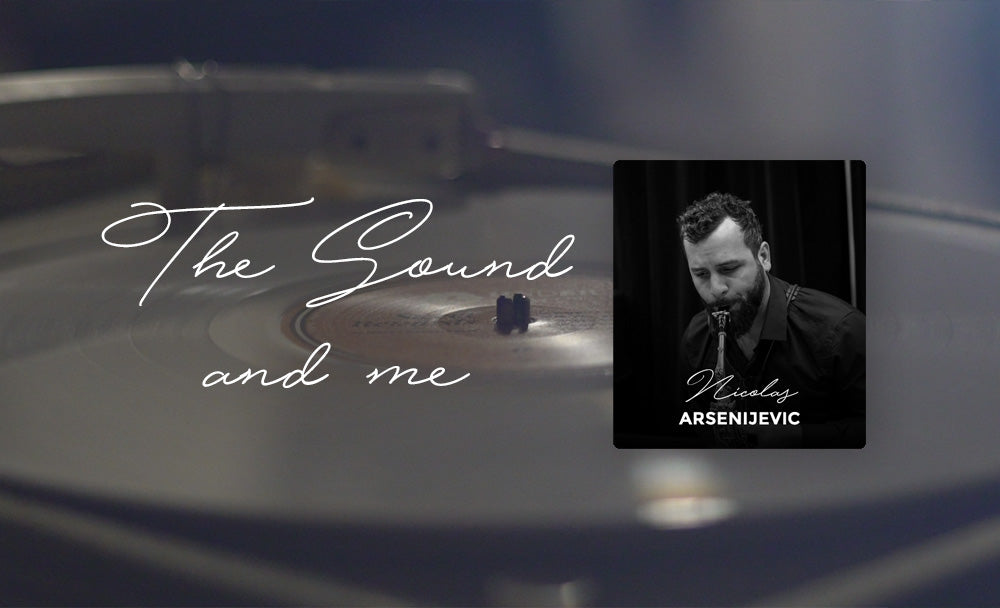The Sound and me' #02 with Nicolas Arsenijevic

An envelope
« The sound is the identity of the musician, but at the same time it is not the main element.For me, the main element is the message you want to convey, whatever it is, in whatever style. It's the emotion we convey, the message, the speech, what we have to say. Then the sound is the way we're going to say it: it's an envelope, an appearance, a body, a voice, a language.
I think you can start talking about style as soon as you start talking about a language. That is to say that depending on the style we are going to play, the sound will not be the same because the language will not be the same. We then have to find the best way to express ourselves in order to get across what we have to say, the emotions we have to carry. »
The substance that rises to the surface
« Sound is therefore an envelope, a case. There is a very beautiful quote from Victor Hugo who says: The form is the substance that rises to the surface. I think that applies very well to music and sound, the aim being to look as close as possible to what you want to express.
We often see people who aren't necessarily comfortable on stage or in what they have to say, because the sound envelope doesn't necessarily match what they want to say. »
A mix beetween schools
« In my rather classical conception of sound, I tend to try to combine what until recently was called the "French school", with what was done a bit abroad. This kind of concept is no longer necessarily valid today since there are more and more mixes between schools, more and more exchanges ... But I'd say that compared to the saxophone, what I really like about what I learned during my studies in France is a very woody conception of the sound, with a reed that's a bit held, rather centred, and with body, with leg. Something quite fleshy.
What really touches me is also the vocality of the sound, so I really conceive it with a real openness. An overture found especially in the "American school", or with saxophonists such as Arno Bornkamp or Nobuya Sugawa, for example. »
Some flexibility
« When playing traditional Balkan music, knowing that it is a generic term that doesn't mean much (it depends on the region and there are many variants), you need particularly weak equipment to be able to control other elements of language.
Bends, as in jazz, for example, are things that require some flexibility in the material. So is the tone mike. Or quarter tones. These are things that can really be achieved with very soft material.
In fact I think that by playing two different styles, I'm the same musician, but I don't speak the same language. »
Like a Frenchman who speaks English
« The feelings that we are going to target are often the same since they are inherent to human beings, they are quite universal things. However, the means will not be the same, and this is where we enter into the subtleties of aesthetics. And aesthetics inevitably means different sounds.
When we talk about language, I think there's what we say, and how we say it. Do we speak the language well? Do we have a good accent?
For example, someone with a sound unsuited to the style he's playing would be a bit like a Frenchman who speaks English with a terrible accent. We're familiar with it... »
A component of the emotion
« To sum up, I think we should not focus on the sound. It's a parameter, it's a component of the emotion we want to convey. It's a voice, and as an actor is going to work on his voice and his diction, I think you have to see the sound that way. Above all, we must not forget the message behind it: what emotion I want to achieve, what I want to say, and how I'm going to say it. »
Do not hesitate to subscribe to our Facebook publications so that you don't miss the next episodes with Joshua Hyde, Timothy McAllister, Branford Marsalis, Rosario Giuliani, Vincent Lê Quang, Baptiste Herbin...
► Learn more about Nicolas Arsenijevic
► See others epidodes on our Facebook Page